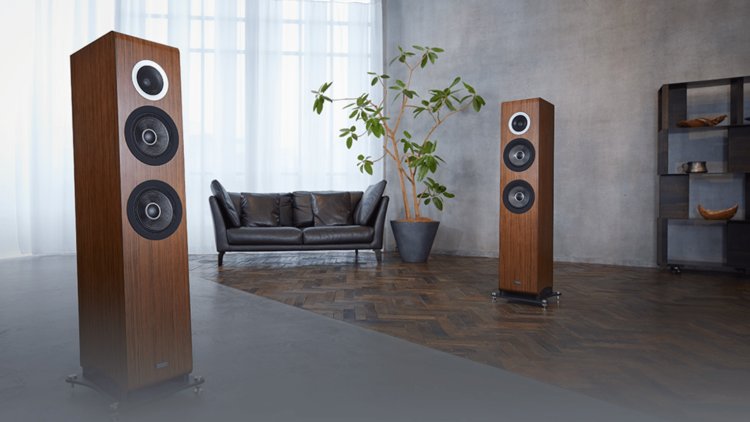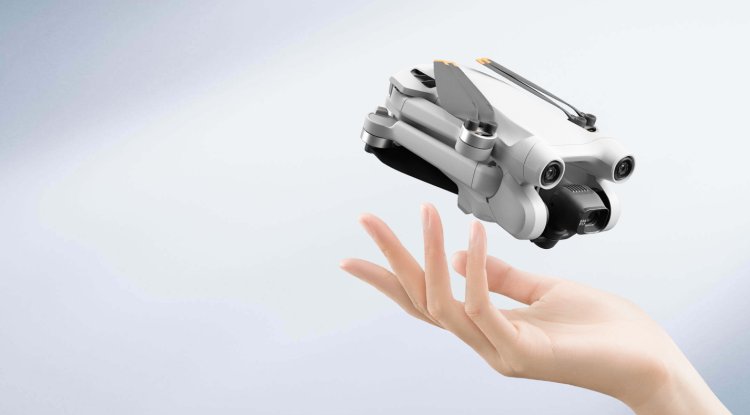New Speaker and DACs from TAD

TAD increases its "Evolution" line with the addition of a new floor-standing speaker, the TAD-E2, as well as two digital devices with slightly different characteristics in addition to D/A conversion.
TAD – Technical Audio Devices Laboratories, Inc. – is bringing three new products, including the TAD-E2 "Evolution Two" floor-standing speakers, which were initially shown at the Tokyo International Audio Show in late 2021.
The speakers have two newly developed 15.5cm woofer/midrange drivers with dual-layered "MACC (Multi-layered Aramid Composite Cone)" cones that are said to produce a strong and clear bass response, as well as a strengthening "Delta Bracing Structure" and other characteristics.
The TAD-E2, like previous speakers in TAD's Evolution line, features a tweeter with a 2.5 cm beryllium membrane whose design is reported to have been tuned using advanced computer analysis.
The tweeter also has a newly constructed aluminum waveguide meant to prevent resonances, and it has an upper cutoff frequency of 60 kHz, according to TAD.
Another unique feature of the speakers is the bi-directional "Aero-Dynamic Port": the bass port, placed at the bottom of the cabinet, opens to the rear and front in equal parts, resulting in less noise.
TAD is also releasing two new digital devices, the D1000TX and the DA1000TX, in addition to the speakers. The sole distinction between the two D/A converters is their hardware: While the D1000TX is a "Digital Media Center" with a high-quality aluminum CD/SACD drive, the DA1000TX is a pure DAC with a headphone output to compensate.
Both devices have the third iteration of TAD's self-developed "Asynchronous USB Communication Engine," which is designed to ensure accurate reception of audio files fed through USB. It is also stated to be capable of processing signals as high as DSD256 at 11.2 MHz and PCM 364 kHz DXD with negligible distortion.
Both devices have 1x XLR, 2x coaxial, 1x optical, and 1x USB digital inputs, as well as the option to output the converted signal analog by RCA or XLR. They also have one XLR and coaxial digital output each.
Volume control can also be used to control the analog outputs. As a result, according to TAD, the devices can be directly connected to a power amplifier, acting as a preamplifier.
A specific housing structure and newly developed feet, both of which attempt to keep vibrations at bay, are touted to be further benefits, as is the special self-made clock.




























